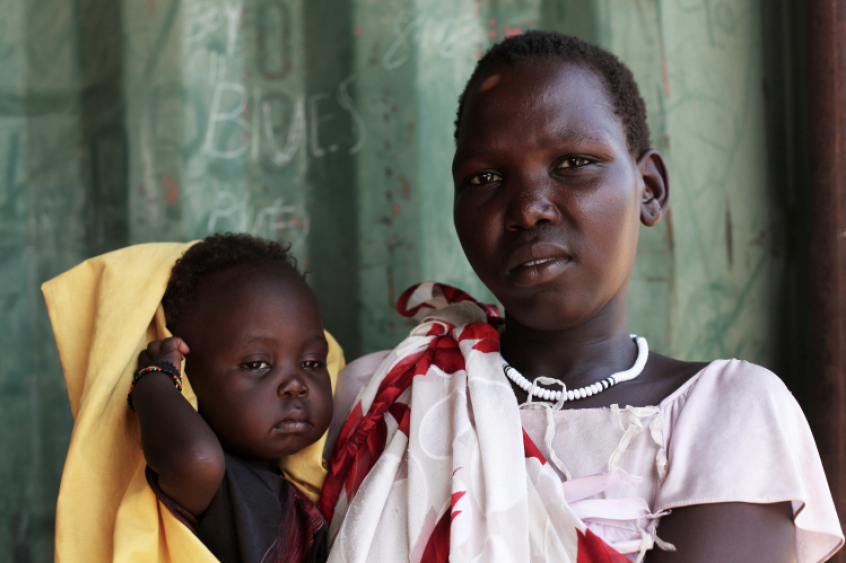
With some African nations having only a handful of ventilators to serve millions of people, Christian Aid has warned that the window to prevent coronavirus from overwhelming the continent is "closing fast".
According to Africa News, the continent had nearly 30,000 confirmed cases as of Thursday, with numbers rising by over a quarter in the past week.
But with "extremely low" testing rates, Christian Aid fears that the true figure is much higher and that tens of thousands more could be infected in the coming weeks.
Despite the imminent threat, health systems across Africa remain weak. South Sudan has just four ventilators for 11.5 million people, while Malawi only has seven for a population of 18 million.
ICU beds are also in short supply. Malawi only has 25 ICU beds for 18 million people, while Sierra Leone has none at all.
Adding to the challenge is the fact that most people in the poorer African countries do not have any soap or water at home, while high rates of underlying health issues, like malaria, poor nutrition, and HIV, affect the immune system and could leave many vulnerable to coronavirus.
With job losses and the prospect of major disruption to the economy, the financial hardship experienced by many on the continent is likely to be exacerbated.
Christian Aid is calling for the full cancellation of debt repayments this year so that African countries can concentrate their resources on bolstering their health systems and fighting coronavirus.
Patrick Watt, Christian Aid's Director of Policy, Public Affairs and Campaigns, said: "Debt repayments falling due this year should be cancelled in full if we want African countries to have a fighting chance of limiting the spread of coronavirus, and surviving the hit to their economies.
"It is completely perverse that dozens of the world's poorest countries are expected to pay debts to wealthy creditors in the midst of the biggest global health challenge in a generation, and the worst economic downturn since the 1930s. At this moment, cancelling the debt is a matter of life and death."













